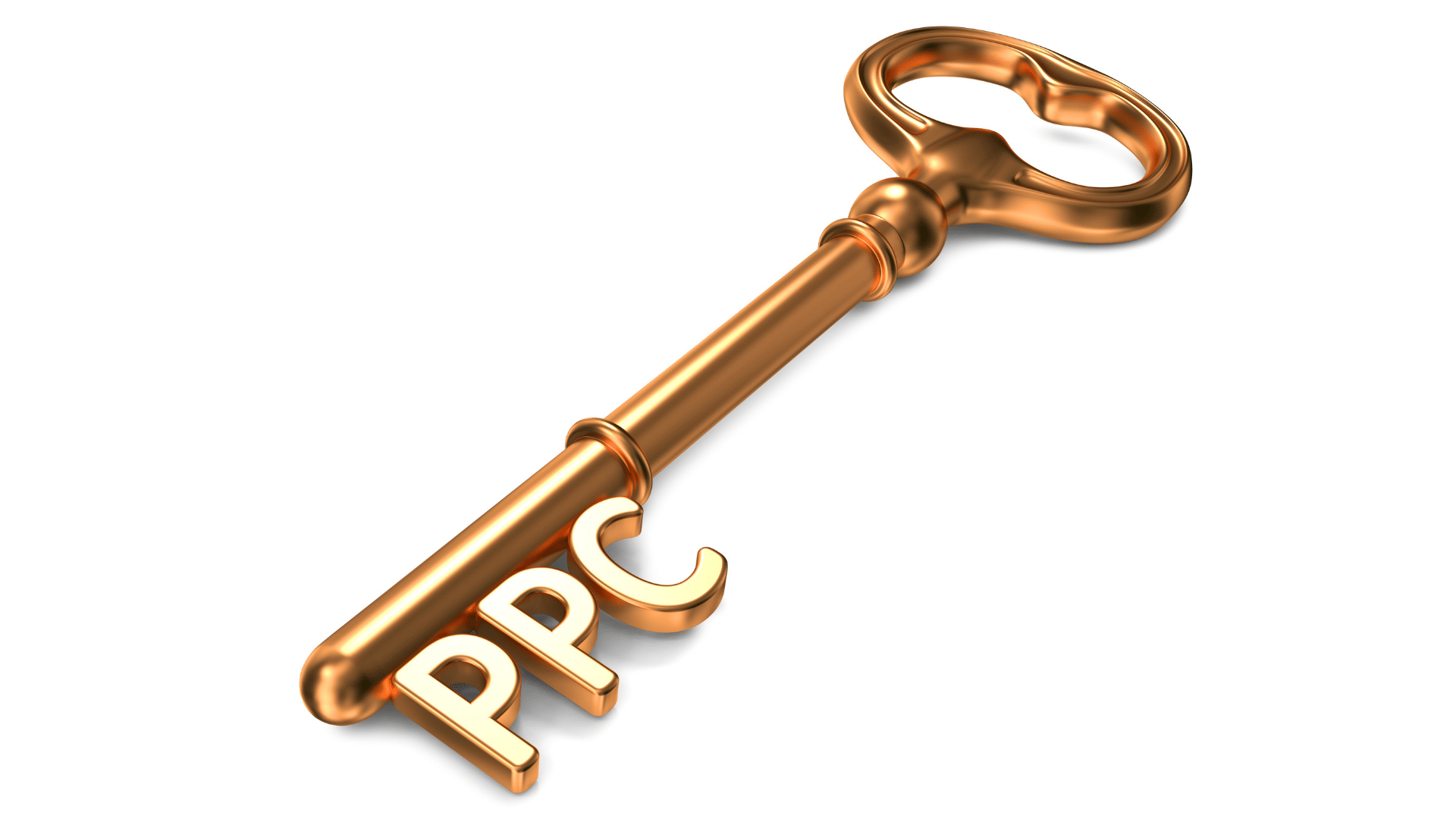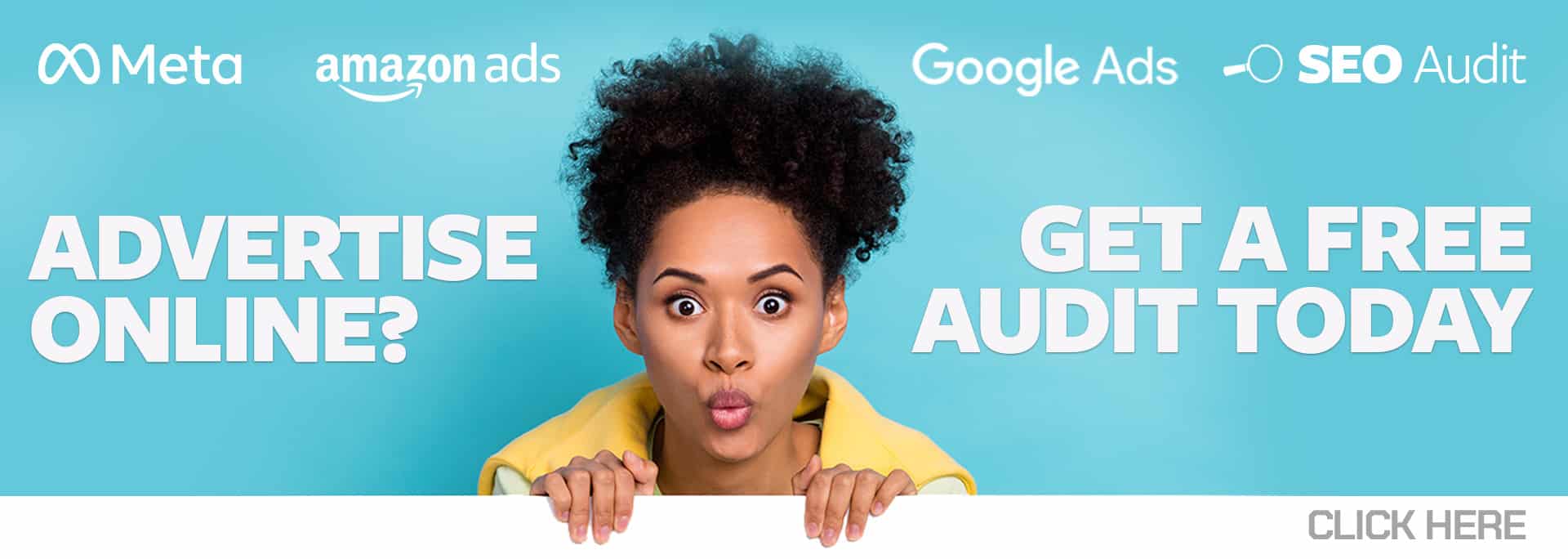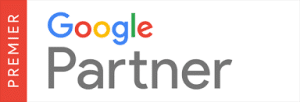Let’s go back to the basics of PPC. Pay-per-click (PPC) is a digital marketing channel. It allows a business to advertise on search engines like Google, Microsoft, and thousands of other websites. Advertisers pay the ad platform a fee whenever their ad is clicked on. The amount owed is the result of a live auction. The overall goal is to have the result of the click be worth more than the click itself.
Paid search ads are the most common type of PPC advertising and have been around the longest. These ads show on Search Engine Results Pages (SERP) of google.com or bing.com. Search ads use headlines and descriptions to attract attention, as well as added bits of text called Ad Extensions. Ads will appear when someone searches a term that is a match to a keyword or closely relates to a keyword. Each time a search happens that relates to a keyword in an account, a live auction takes place. This auction determines whether an ad will show, and if so, in what position it will show on the page.
To qualify to be in the live auction, advertisers bid on keywords that are relevant to their product or service; bids are set at the ad group or keyword level. An ad group level bid will become the bid amount for all the keywords in an ad group. You can also put a bid amount on the individual keyword level, which will override the ad group level bid. (There’s also the ability to add bid adjustments based on things like age, gender, location, time of day, and more, but that’s more of an advanced setting.)
Advertisers set an overall budget per campaign based on how much they want to spend per day (note that Google can spend up to twice your daily budget if they see increased demand, as long as at the end of the month they do not exceed your daily budget multiplied by 30.4 days).
There are many different bidding strategies within pay-per-click. Google and Microsoft have manual bidding and automated bidding strategies that include enhanced CPC, target Return on Ad Spend (ROAS), target Cost Per Action (CPA), etc. Manual strategies allow you to set specific bids for ad groups and keywords at your discretion. Automated bidding turns the keys over to the search engine and allows it to manage the bidding process for you, using data points such as location, time of day, and past search history. While manual bidding will give you the most control over your bids, automated bidding can be a more efficient way to manage your bids as it can take advantage of changes to competition, real-time signals, and more.
The position of an ad in the SERP is determined by the ad rank. Ad rank is a function of the maximum cost-per-click and the quality score of an ad. The quality score consists of multiple factors, including clickthrough rate, relevancy to the search query, landing page experience, etc. The combination of ad rank and max cost-per-click determines where on the page the search engine will place your ad.
The effectiveness of Paid Search campaigns is measured through conversions. Conversions are tracked by putting snippets of code onto specific pages of your website. A conversion can be an actual purchase, filling out a contact form, or any other meaningful action that takes place after an ad is clicked. Conversions help track how many leads are generated, how many orders are placed, and how much revenue is earned from Paid Search ads.
If you are just getting into digital marketing, PPC could be the perfect place to start. It gives you the ability to target people searching for what your business offers. PPC gives you control over how much you spend and allows you to access automated strategies to help increase efficiency. With conversions in place, you will know how effective your campaigns have been.




